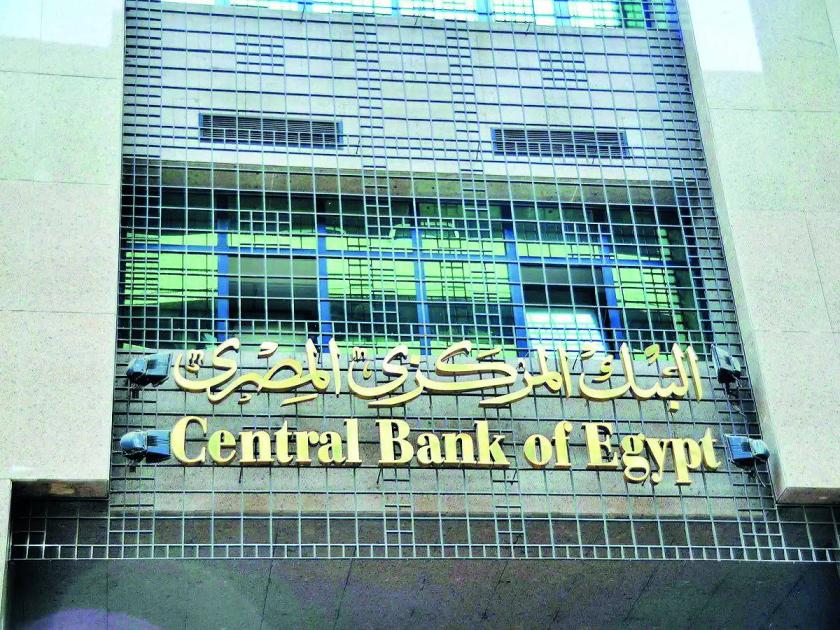Egypt has made a commitment to addressing the government’s use of overdraft facilities from the central bank and off-budget public sector activities, according to an expert report released by the International Monetary Fund (IMF) on Friday. The report highlights Cairo’s efforts to address weaknesses such as the central bank’s lending to public bodies.
Egypt has already taken several steps to tighten monetary policy, shift to a flexible exchange rate system, and raise gasoline and fuel prices. These measures were implemented in response to previous adjustments since December 2022. The Fund had suspended a previous support program worth $3 billion last year due to errors in policy implementation.
The report also mentioned the negative impact of returning to a fixed exchange rate in February 2023. This move led to a shortage of foreign exchange, high demand for foreign currencies in the parallel market, and restricted imports, fueling inflation and affecting growth. The delay in raising interest rates due to higher than expected inflation further exacerbated financial repression and negative interest rates.
The rapid increase in net domestic assets and lending by the central bank without Ministry of Finance approval were also highlighted in the report. The report noted that allowing the Ministry of Finance to expand the use of overdraft facilities contributed to inflationary pressures and exchange rate problems in the past two years.
The IMF board meeting on March 29 approved an expansion of the loan program for Egypt, recognizing the economic impact of the crisis in Gaza. As of February 2023, the Central Bank had lent up to 765 billion Egyptian pounds ($15.9 billion) to government bodies other than



